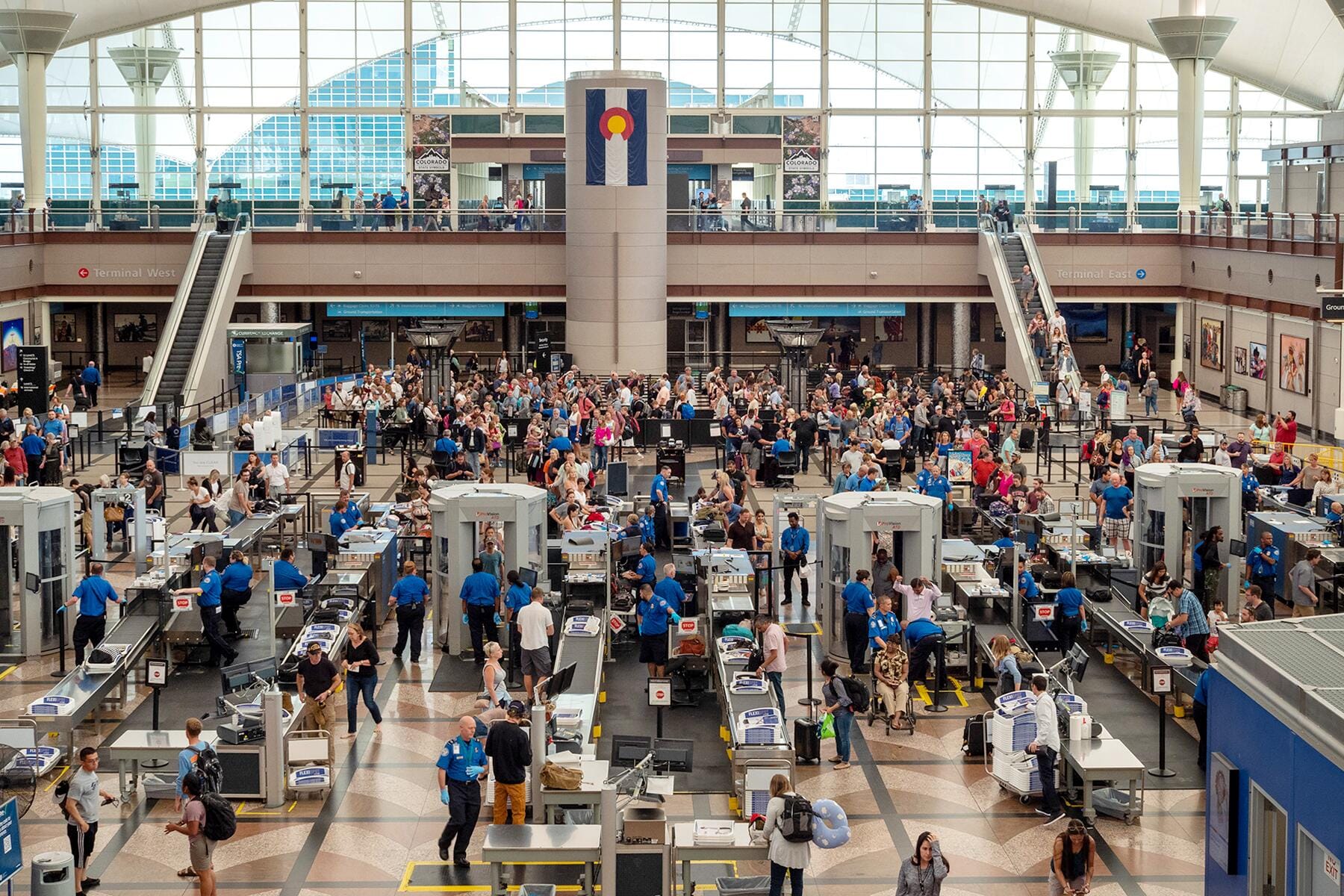- ⁄
- Travel News
- ⁄
- News •
- Shopping •
- Travel Tips
When you’re shopping while traveling, bargaining is half the fun.
Across the world, bargaining is an essential way of life. People bargain for fruit, taxis, scarves, and more. Yet, bargaining can be difficult for travelers used to buying items with price tags. Some tourists buy souvenirs for more than they should and discover this unfortunate fact later. Even for seasoned hagglers, bargaining is tricky, but it doesn’t have to be. Here are some foolproof tips to make bargaining a tad easier.
Top Picks for You
Ask the Shopkeeper If Your Desired Item or Service Has a Fixed Price
In countries where bargaining is the way of the land, you’ll notice that most shops won’t have price tags. Don’t let that fool you though. Some services or goods might come with a listed price. Just ask first. If you don’t, you could accidentally come off as rude or find yourself bargaining at a higher starting price for no reason. If there happens to be an outlined price that you like, then count yourself lucky– you’ve saved yourself from a haggle-off.
If There Isn’t a Fixed Price, Ask “How Much?”
As a customer, it is important to set the bargaining standard from the jump. Establishing bargaining parameters doesn’t mean arrogance or wishy-washiness. It’s about politely knowing exactly what you’re in for and estimating how long the bargaining interaction will take based on the price the shopkeeper offers you. By understanding these two aspects, you can decide whether to engage.
Recommended Fodor’s Video
Don’t Accept the First Offer
You might be tempted, but sometimes delaying the urge to accept pays off. This is a situation where prior research is key. Use aggregate sources such as Fodors Forums to determine how much you should pay for certain items. Clothes, tea, and fruit will have different prices depending on the quality and where you buy these goods. For example, if a scarf should be around $10 to $15, you shouldn’t accept a $30 offer. Unless the first offer is in your researched price range, there is always room to haggle within reason.
Don’t Say Your Ideal Price During the First Round of Haggling
The same concept applies to poker or even negotiating a raise. You never want to show your cards, whether good or bad, too early in the game. Let’s go back to the scarf example. The shopkeeper offers you a price of $30. Don’t counter the shopkeeper with your preferred price (say, $10) immediately. You’ll end up with a price higher than your ideal rate, even with haggling. Provide an even lower asking price and work your way up to your price range. To do this, I apply what is called the ¾ rule. Ask the shopkeeper ¾ below the asking rate. Another way of saying this is to ask ¼ of the asking rate. In this case, that would be $7.50. It may shock the shopkeeper at first, but it gives both of you room to work up to the $10 to $15 range.
Tell The Shopkeeper You’ll Walk Away If They Aren’t Budging—and Do It
For shopkeepers, a lost opportunity is bad for business. As a potential customer, you can leverage your options and find costs across the gamut. Many times, business owners will be in the same proximity. Shopkeepers know this and will try to keep you from walking elsewhere. This “walk-away” method is quite effective in the last round of haggling because a shopkeeper might undercut your ideal price to prevent you from attending a competitor’s shop.
Bring a Local Friend to Help With Bargaining and Language Barriers
Locals can show you their favorite shops and the best places to purchase quality souvenirs. Sometimes your friends might even have connections with certain shop owners. When you have an established connection, you are more likely to get a discount and help a friend out, too. Once you’ve established a relationship with a business, you can keep going to back to buy things, even if you’re only in a destination for a super short amount of time.
Bargain in the Morning—but Try Again at Night
Most people shop in the afternoon, which is busy business time. The morning is a different story. Typically, shopkeepers wait until business trickles in. When you buy in the morning, shop owners are likely to be flexible in negotiations. They understand morning sales are hard to come by. For people who aren’t fans of buying in overcrowded venues, another advantage to morning. bargaining is the early time allows you the freedom and ease to shop without added stress. If you aren’t able to get the price you want in the morning, try back again right before closing time. Many shopkeepers want to make that last sale before the end of the day.
Use Your Language Skills Even if You Know Only a Few Phrases
Trust and respect are important in any business transaction, especially abroad. Niceties, politeness, and even a simple “how are you” can go a long way. Doing those in the host language builds a strong business relationship. As a result, shopkeepers may offer you discounted items in addition to what you’ve already purchased because you’ve made an effort beyond the transaction.
Price Compare Before Shopping
Tourist bazaars or shopping areas usually hike up prices. So, the scarf in a popular touristy haunt might be $40. However, other less frequented tourist areas or malls might sell the same scarf for $25. If you have time, try to bookmark prices in your head as you window shop. That way you can pick the best price for your budget.
For Taxis, Travel on a Fixed Meter
Transportation is another factor in the haggling equation. Depending on where you travel, taxis, tuk-tuks, or motorbikes might travel on a fixed meter. Some places have set prices for specific destinations. Make sure to ask if you can travel on the meter. If the driver says no, start the haggling process. If tipping is a custom in the country you’re visiting, a nice tip in addition to your asking price could be enough incentive to persuade the driver.
Keep Trying If You Can’t Find the Price You Want
It sounds cliché, but get acquainted with rejection in the bargaining game. You might get rejected three, four, or five times, but eventually you’ll find a price within your reach. Giving up sometimes means paying more or even double than you should, which on a budget means less yummy food. Even if you have to pay on the higher end of your desired range, at least you tried.
Most Importantly, Be Nice!
There are intangible benefits to kindness. I’ve had business owners offer me free tea or coffee because I chatted with them about their lives or brought along friends to their shop. I’ve formed nice relationship with shopkeepers, even if just for a week. Also, not all shopkeepers are trying to cheat you. They’re people making a living like any of us. Remember, paying an extra dollar or two won’t kill you.




